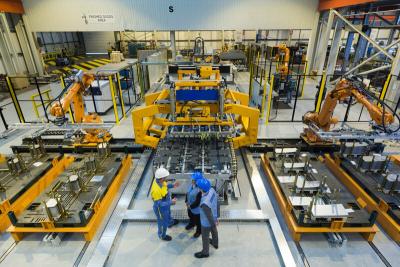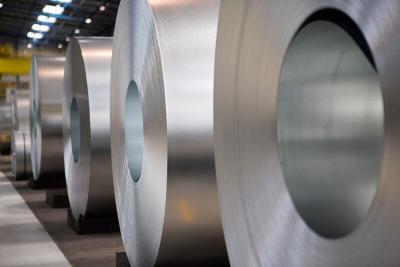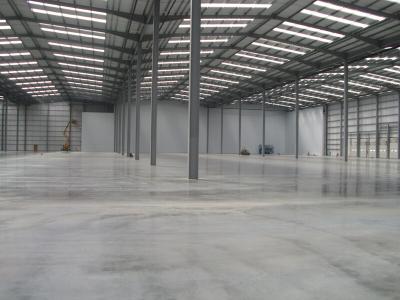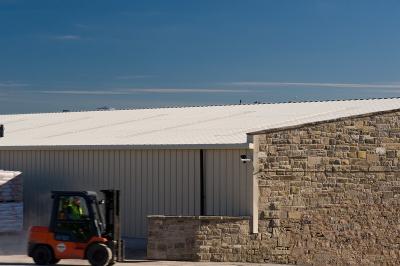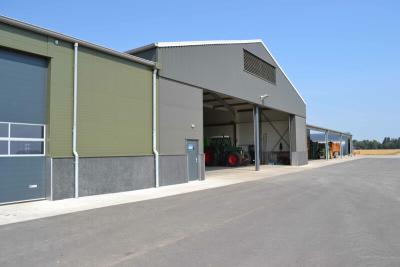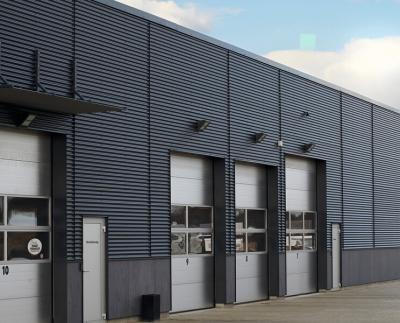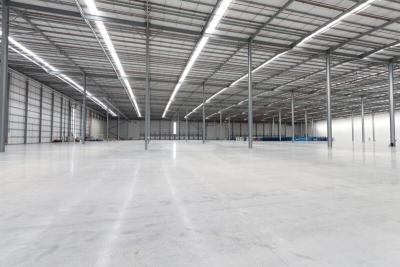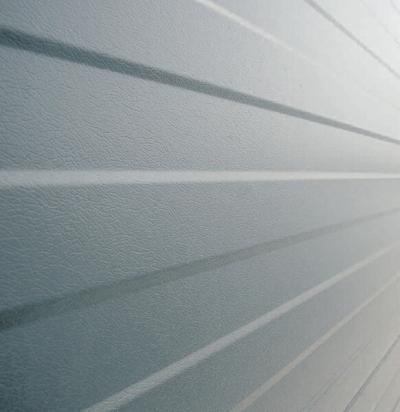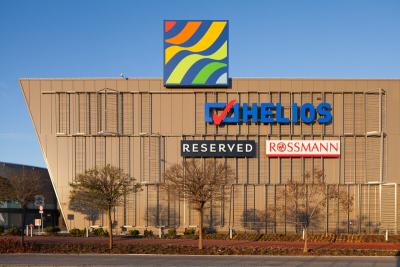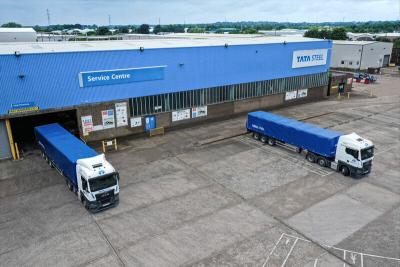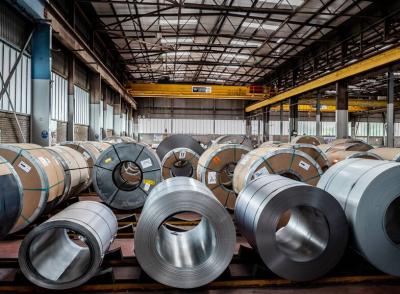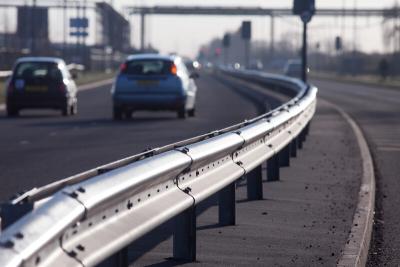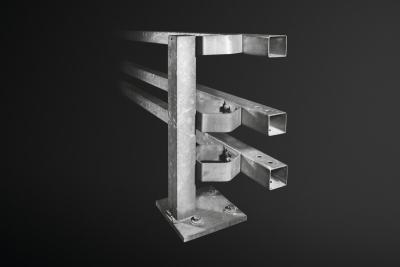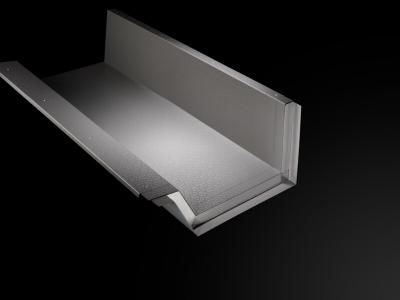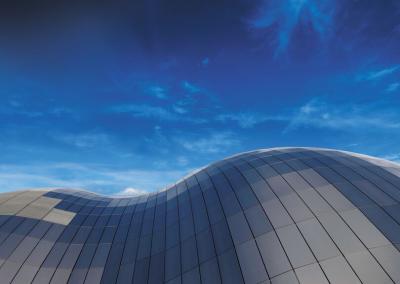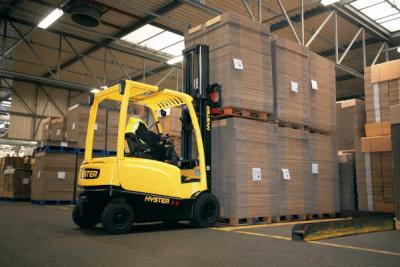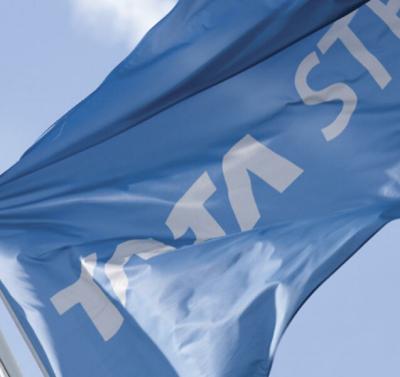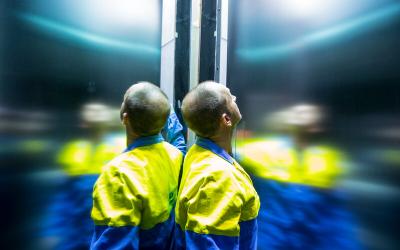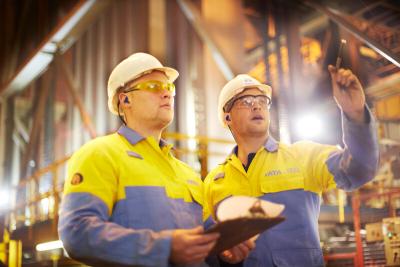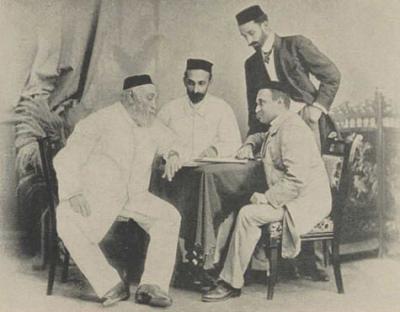Thousands of steelworkers from across Europe who fear their jobs and their industry are at risk from unfairly traded steel and proposed crippling energy taxes, gathered in Brussels today (Mon Feb 15) to call on EU ministers to take ‘quick and effective’ action.
More than 500 employees from Tata Steel, Europe’s second largest steel producer, joined their fellow steelworkers to send a loud and clear message to European leaders that they want a level-playing field so the industry can compete fairly.
Tata Steel employees were joined by the company’s European CEO Karl Koehler who said: “I was proud to experience the passionate spirit of our colleagues during the protest.
“Together with our peers in the steel industry we told European leaders loud and clear to stop the tide of unfairly-traded material that threatens our jobs, our industry and our future.”
And, calling on EU ministers to provide the industry with a level-playing field, he added: “The European steel industry is in a fierce fight for its future. Huge global overcapacity and unfair trade practices – mainly by China and Russia – have pushed steel prices to historically low levels.
“The dumping of steel below its cost of production will continue as long as our regional, national and European leaders fail to introduce trade defence protections quickly and effectively. Measures so far have been slow and half-hearted.”
While Tata Steel and other European steel producers are battling to compete against imported steel, the industry also faces environmental rules not imposed on other nations. The European Union’s Emissions Trading System makes it increasingly expensive to produce steel in Europe. But it does not stop those who produce it elsewhere at lower environmental standards and then import it into Europe.
“The tragic result of such rules is to import CO2 and export jobs. This must change and it must change fast: fair competition means playing by the same rules,” said Mr Koehler.
This problem could be made worse when the European Commission decides later this year whether to grant market economy status to China. If it was to be granted, Europe would lose its ability to prevent unfair trade from China.
Roy Rickhuss, general secretary of Community, said: “We have to make governments in the UK and across Europe understand the human cost of not taking action to create the chance of a sustainable future for our steel industry. Today, steelworkers and their employers were united in their plea for more swift and robust measures to stop unfairly traded steel and a level playing field to compete in a global market. Delays in heeding our warnings and acting to end Europe’s steel crisis will only leave thousands more jobs under threat and put the future of a vital, strategic industry at risk, with devastating consequences for steel communities around Europe.”
Mr Geert Van Poelvoorde, President of the European steel association, Eurofer, said: “We have seen a surge of steel imports, a rise of over 100 per cent, from China into the EU over the past three years. Imports are coming into Europe at price levels below the cost of production; this is what is known as ‘dumping’. The EU has trade defence instruments to respond to this type of behaviour, but they have been incredibly slow to utilise trade tariffs. An urgent adaptation of trade legislation is required.
“Since the financial crisis, 85,000 jobs have been lost in the European steel industry; in the past six months alone, 7,000 jobs have gone. Without utilising the trade defence instruments available to us in a timely manner there is a substantial risk that we will see more plant closures and job losses.”
-ends-
For further information: Damien Brook on T. +44 (0) 7951989490 or damien.brook@tatasteel.com
About Tata Steel’s European operations
Tata Steel is Europe's second largest steel producer, with steelmaking in the UK and Netherlands, and manufacturing plants across Europe. The company supplies high-quality steel products to the most demanding markets, including construction, automotive, packaging, rail, lifting & excavating, energy and aerospace. Tata Steel works with customers to develop new steel products that give them a competitive edge. The combined Tata Steel group is one of the world’s largest steel producers, with a steel capacity of more than 28 million tonnes and 80,000 employees across five continents.








